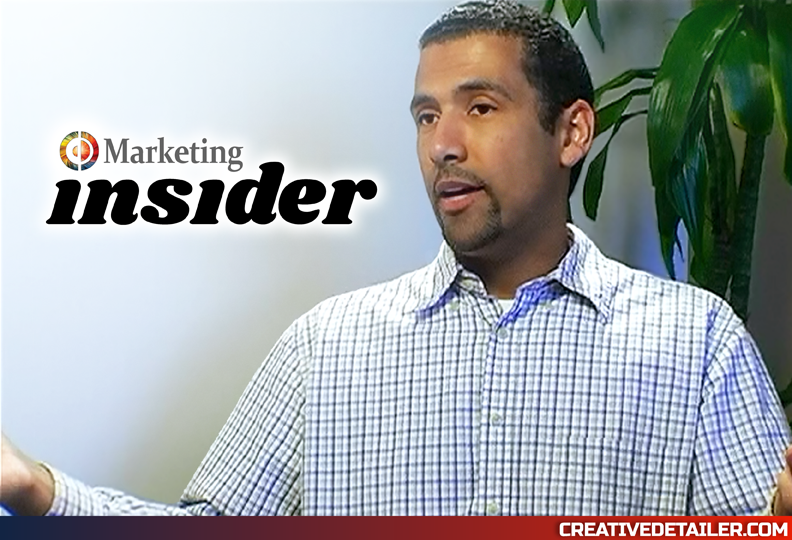 “There’s more to buyer motivation than marketers realize.”
“There’s more to buyer motivation than marketers realize.”
Q: What are some of the factors that influence buyer behavior?
A: Some decisions can be made quickly with relatively low-risk. Buying a car or computer, for example, requires some additional insight–research that works to develop a stronger emotional connection and therefore producing greater justification for buying it. A new car is like a marriage–fully involved with the prospects of a long-term, push-pull relationship (so as long as you both take care of each other). There’s more to buyer motivation than marketers realize.
Q: What motivates you as a consumer to purchase certain products?
A: Assuming that certain products are those that require a greater level of involvement, there are several factors beyond how I feel about or trust the brand. So while the brand is certainly important, which helps to boost enthusiasm and desire, it is not the final determinant. If any mental images invoke negative feelings, I walk away.

If costs are less a concern, such as a pair of Bluetooth headphones for twelve bucks on eBay, the risk is lower and trial comes easier. If those headphones happen to last just one year, then it was still a good decision overall, where the low cost allows room for guilt-free experimentation of an unknown, China-made brand. Besides, I’m never one to buy a $200 pair of Oakley sunglasses even if I have a $1,000 burning in my wallet. More often, the cost/benefit side of the equation guides the decision using logic, overriding any emotional attachment, or impulsive feelings. Do I really need those sunglasses knowing I will break them or lose them just the same?
Q: How do you assess value?
A: Ads and brand messages are less important to me versus having the wisdom as to whether or not a product will last or function as desired. I may recall the company’s ad or tagline as I ponder a purchase and perhaps even sing the song and do a little dance if no one is looking, but will quickly determine if the brand and its multi-million dollar jingle bear any relevance to my decision. Therefore, consumer trial is a good teacher of emotional separation and buyer comfort, ensuring that the motivation is not whimsical and certainly not because the brand message was cool with a popular celebrity. Perhaps I’m just getting old and I see right through most of it like wet unbranded tissue.
Q: Where do you go for consumer info or insights?
A: Today, we have a good supply of sources that can help make trust evaluations sounder. Websites like Yelp (for services), Glassdoor (for jobs), Reddit (for various conversations) and Consumer Reports, FTC, or BBB (for business practice and product performance data), all provide an inside look into brands and service models, while there are endless sites, social media channels, and blogs for electronics, cars, and other durable goods that assess and publish research findings and customer value scores. And through a collective effort of consumer data input, we can see how many stars or negative reviews a product receives before committing to a purchase. This helps us to break through the hype and celebrity sponsors, making this part of the information age very powerful for consumers.
Q: Is there such a thing as a low- or high-value perception market?
A: Similar is the rating systems for watching a movie or trying a new recipe, we look to the opinions of others to guide our decisions, potentially becoming a 4-stars-and-up crowd. Perhaps this dynamic could be your new market segment, those who are unwilling to take risks where the value is perceived too low. On the other hand, 3-stars may be sufficient for others and maybe a good target segment for dollar-value marketing or private label sales strategies, where costs are low enough that the perception of value is thereby restored. So, yes.
Let’s continue the conversation!
Send me a message
